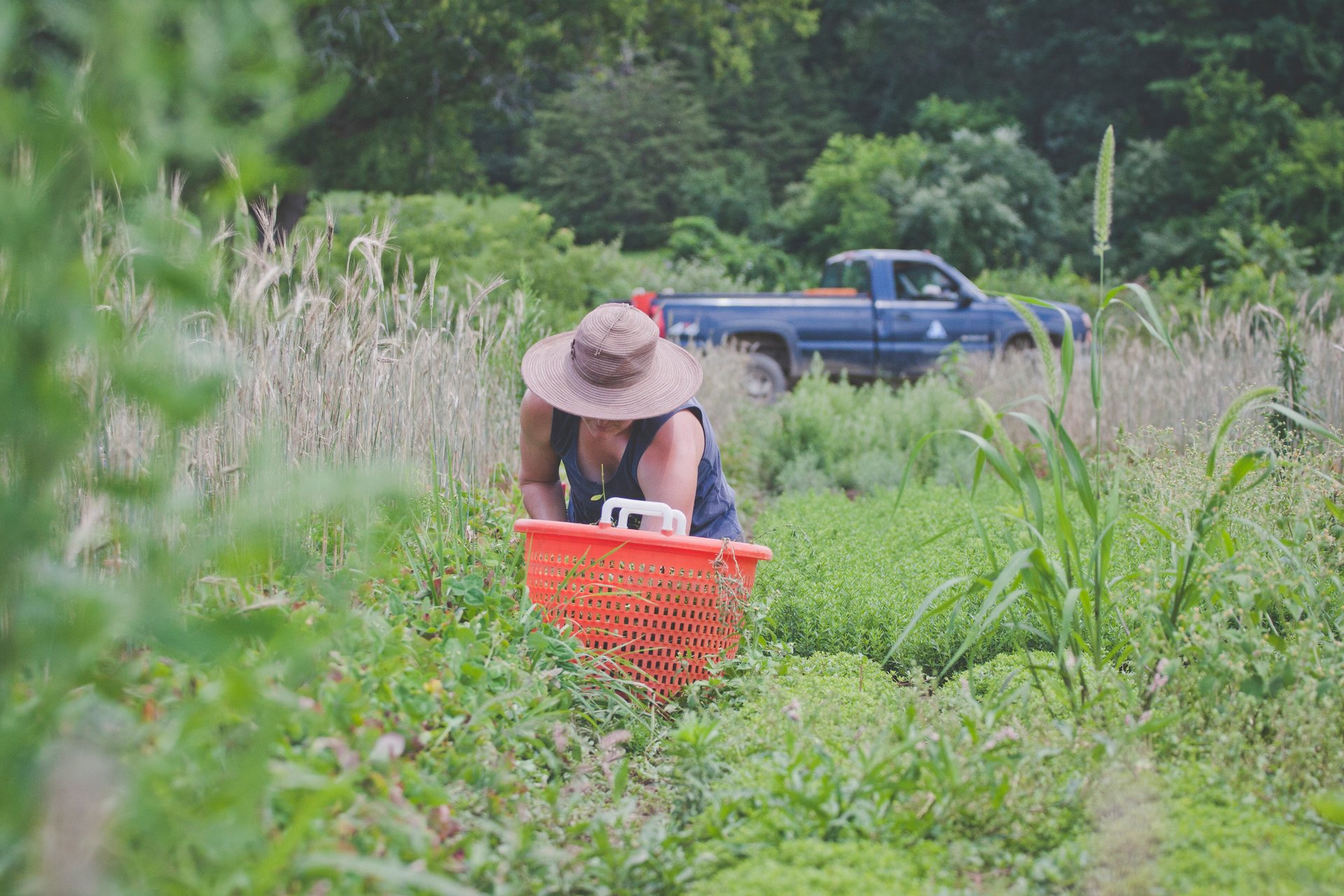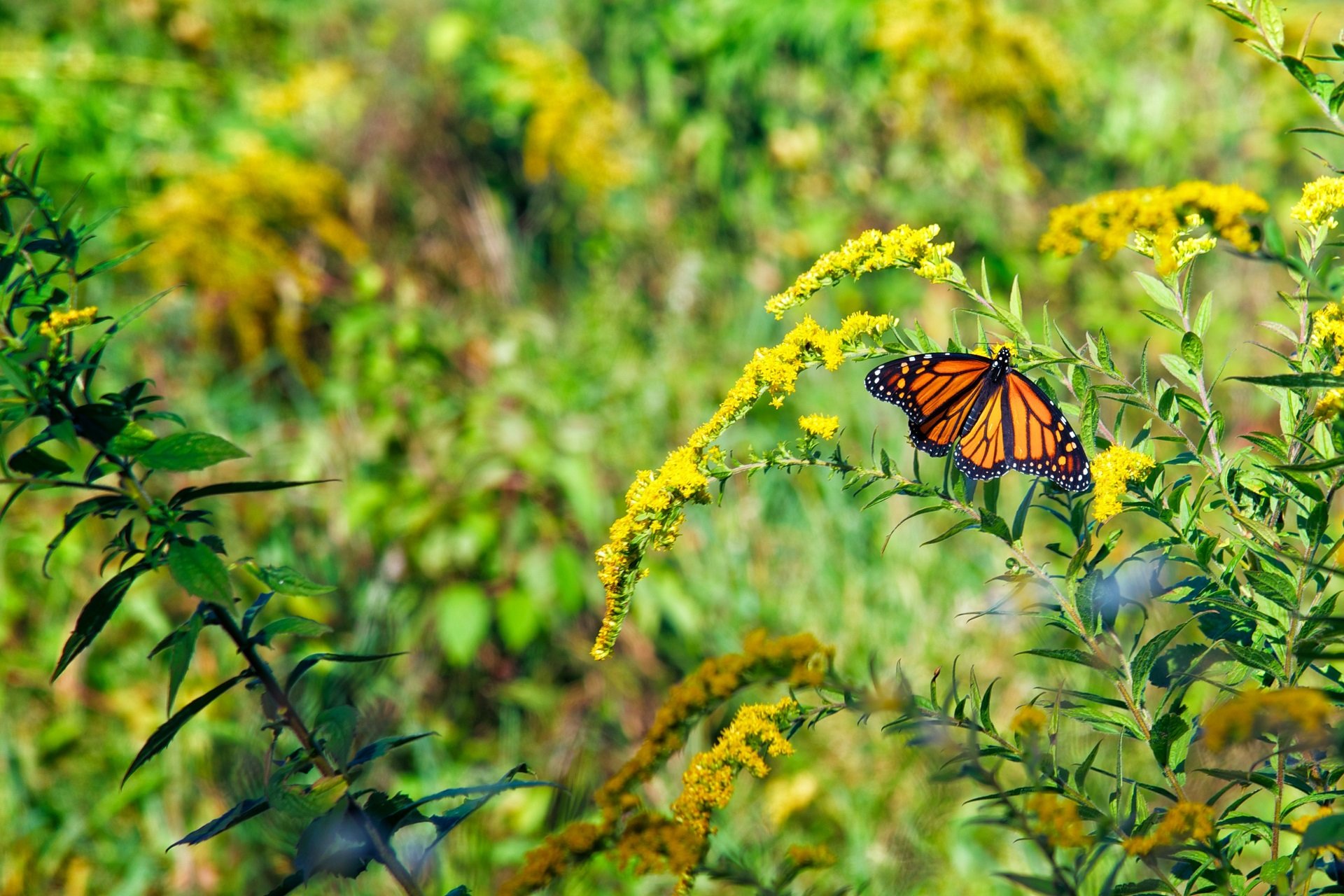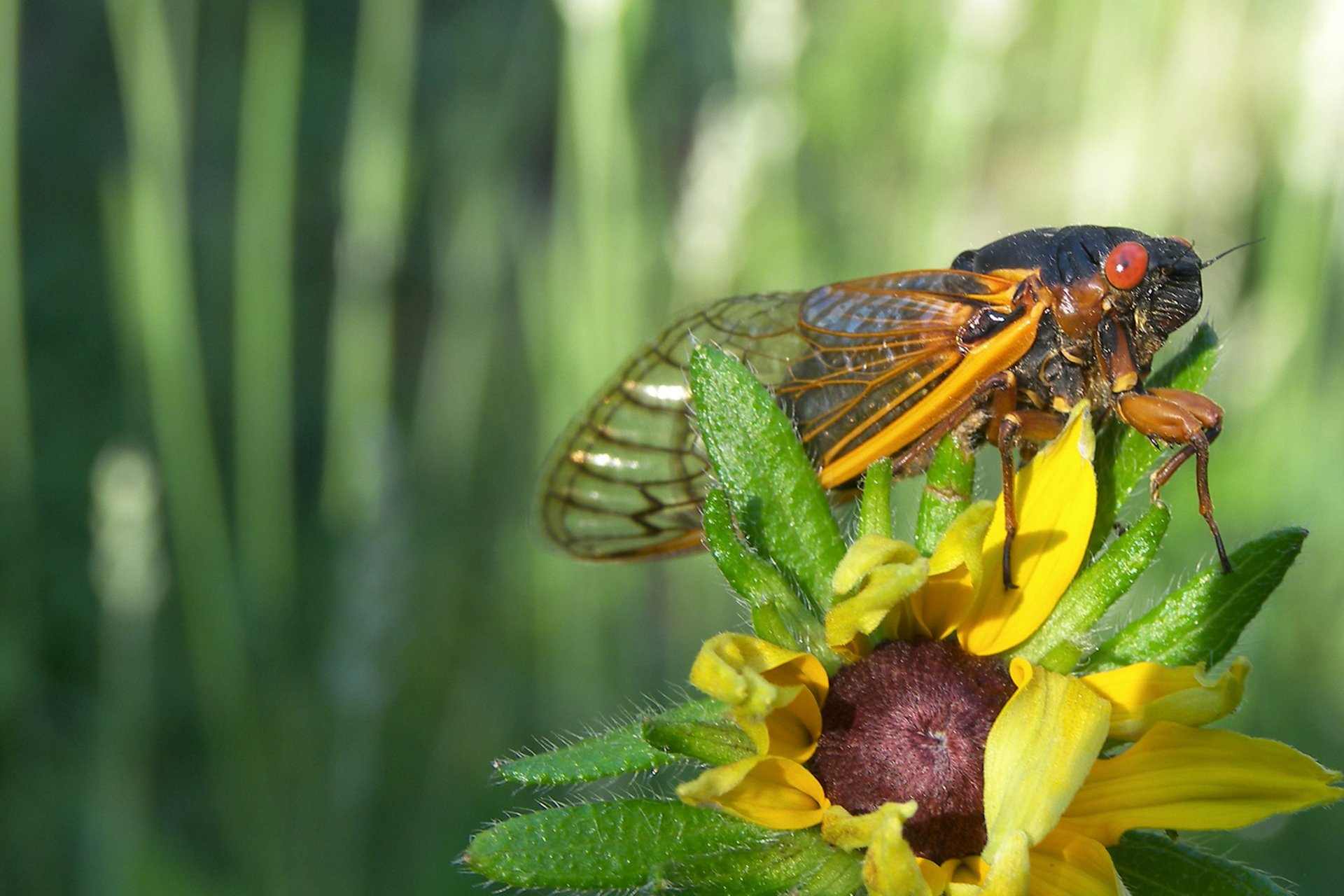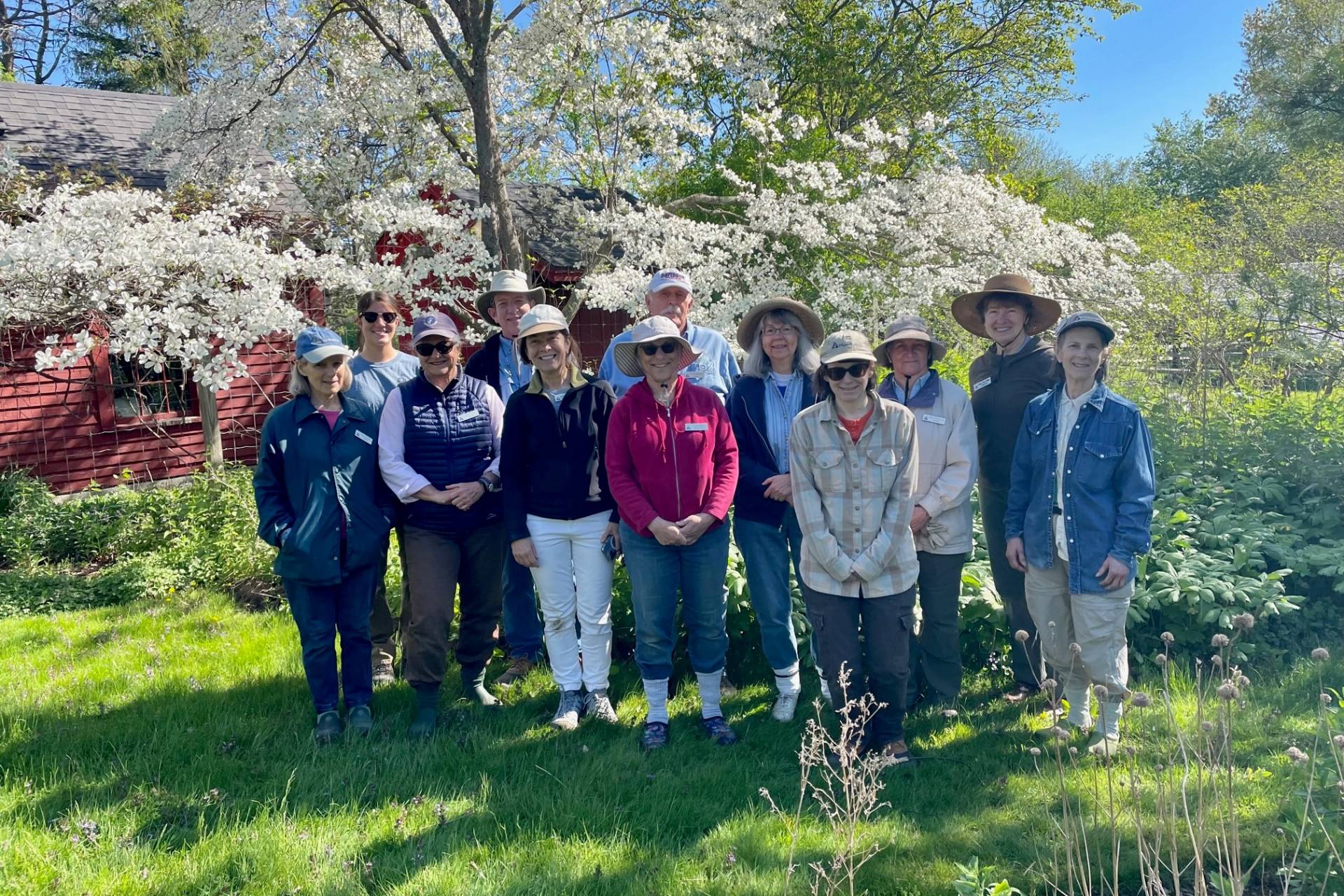If you have ever been to Felix Neck Wildlife Sanctuary on Martha’s Vineyard during the summer, there’s a good chance you had an encounter with a mosquito...or 1,000. Turns out, these pesky insects love the wildlife sanctuary just as much as we do.
It’s one thing to have them on the trails, but each season they take over the Nature Center, where we host programs for kids and adults of all ages. The mosquitoes lurk in the tall grass that surrounds the front of the center, just waiting for the door to open so they can make their grand entrance.
Enough was enough, so the team at Felix Neck decided to do something about it.
Designing Gardens to Repel Mosquitoes
Scientifically, we know that mosquitoes are attracted to the carbon dioxide we breathe out. So, unless we stop exhaling, mosquitoes will keep on coming. We also know that, in an effort to create a more “natural” mosquito repellent, many manufacturers have turned to nature’s bounty for scents that have been suggested to ward of these little buggers.
Taking a cue from Mother Nature herself, the team decided to look into chemical-free mosquito deterrents.
1. Remove Standing Water
Female mosquitoes seek out stagnant water to lay their eggs, drawing swarms to any puddles or containers. Scan your yard for anything that collects rainwater, like empty pots, buckets, or clogged gutters, and empty them regularly. Love your bird bath? You don’t have to ditch it. Keep the water moving with a bird bath fountain or water agitator to make it less inviting to mosquitoes.
2. Trim Long Grasses
While long grasses offer great shelter for pollinators, they also provide a shady, wind-free hideout for mosquitoes—especially when paired with nearby standing water. To make your garden less mosquito-friendly, keep grasses trimmed around high-use areas or garden beds.
3. Use Wind to Your Advantage
Mosquitoes struggle to fly in wind. Setting up a fan on your porch or patio can create enough airflow to keep them at bay. As a bonus, the breeze helps scatter the carbon dioxide and body heat that mosquitoes use to track you down.
4. Scented Plants That Repel Mosquitoes
If your goal is to keep mosquitos away from your yard and garden without harmful chemicals, be sure to incorporate these plants, which contain natural oils (like citronella, geraniol, or linalool) that mosquitoes dislike. To activate their repellent properties, regularly trim the plants, or crush or rub the leaves between your fingers. This releases more of the oils that keep mosquitoes at bay.
- Lemon Balm
- Eucalyptus
- Marigold
- Garlic
- Lemon Verbena
- Basil
- Sage
- Scented Geranium
- Nasturtium
- Catmint nepeta
- Sweet Annie
- Lemongrass
- Rosemary
- Fennel
Garden Impacts
We saw fewer mosquitoes inside Felix Neck’s nature center soon after putting these tips into action. Try them in your own garden and see what changes.
Avoiding chemical pesticides plays an important role in creating a healthy habitat for both people and wildlife. Explore more wildlife-friendly gardening ideas and see how Mass Audubon brings these practices to life in our demonstration gardens and beyond.
Upcoming Gardening Programs
See MoreBeekeeping For Beginners
-
Drumlin Farm Wildlife Sanctuary, Lincoln
-
5 classes starting
Tuesday, March 3
7:00-9:00pm
Adults
Maple Sugaring
-
Magazine Beach Park Nature Center, Cambridge
-
Saturday, March 7
2:00-3:30pm
Adults
Spring Babies: Sheep and Lambs
-
Drumlin Farm Wildlife Sanctuary, Lincoln
-
Saturday, March 14
10:00-11:30am
Families - children 4 - 10 years
Stay Connected
Don't miss a beat on all the ways you can get outdoors, celebrate nature, and get involved.






